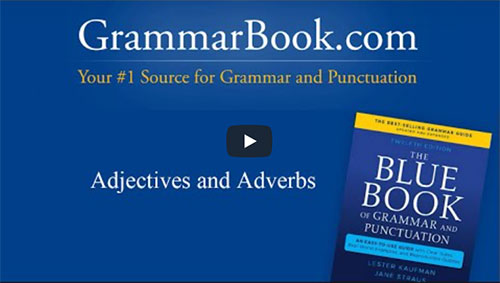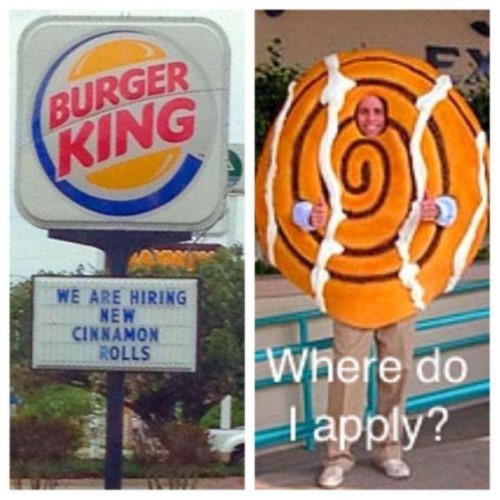|
Have you ever wondered whether either or neither is the right word to use when you're writing or speaking? Either and neither are similar words, but they have separate meanings. Let's review either vs. neither and consider a few examples.
When to Use Either
The word either separates two choices, outcomes, or possibilities: We could have either pizza or spaghetti for dinner.
You can usually think of either as meaning "one of" or "this or that." In some contexts, it can mean "both" in a singular way: If you head south, there are coffee shops on either side of the street.
When to Use Neither
The word neither refers negatively to a pair of choices: I went to the hardware store to find nails. They had two sizes, but neither will work for my roof.
You can also use neither to mean "not one of two things." For example, neither of my parents likes seafood is a shorter way of saying my mother does not like seafood, and my father also does not like seafood.
You can think of neither as a shortened version of "not either," meaning "no" to both of two choices.
Either vs. Neither: Avoiding Confusion
The best way to differentiate either and neither is to remember that one is positive and the other is negative. That's why either goes with or and neither goes with nor.
In daily usage, either often suggests a dual choice, such as pizza vs. spaghetti. It also means "one or the other."
The negative neither conveys a dismissal of both choices: If you were having neither pizza nor spaghetti, you would be saying no to both. Neither also means "not either."
|
View and comment on this
article on our website.
|
|
|

|
Pop Quiz
Using what you've learned from this article, determine whether either or neither is the best usage in each sentence.
1. The salesperson said I could choose [either / neither] a blue sofa or a red sofa.
2. My friend has to choose between [either / neither] going to the concert or having dinner with his brother.
3. It's too bad that [either / neither] one of us won the lottery last week.
4. I was disappointed that [either / neither] of my favorite teams won last week.
5. We can take a cab or a bus but heavy traffic means we will be late [either / neither] way.
|
 |
The Blue Book of Grammar and Punctuation
by Lester Kaufman and Jane Straus |
The Authority on English Grammar! Twelfth Edition Now Available
An indispensable tool for busy professionals, teachers, students, homeschool families, editors, writers, and proofreaders.
Available in print AND as an e-Book! Over 2,000 copies are purchased every month!
To order the book, simply click the link to order the book from the GrammarBook.com website.
|
Free BONUS Quiz for You!
[[firstname]], because you are a subscriber to the newsletter, you get access to one of the Subscribers-Only Quizzes. Click here to take a Confusing Words and Homonyms Quiz and get your scores and explanations instantly!
We will be adding many more quizzes this year to our already substantial list of them. If you have suggestions for topics we have not yet covered, please send us a message at help@grammarbook.com.
|
Hundreds of Additional Quizzes
at Your Fingertips
Subscribe now to receive hundreds of additional English usage quizzes not found anywhere else!
Teachers and Employers
Save hours of valuable time! You may assign quizzes to your students and employees and have their scores tallied, organized, and reported to you! Let GrammarBook.com take the hassle out of teaching English!
"Fun to test my skills."
"The explanations really help ... thanks!"
"I can select the quizzes to assign to my students, and then the results are reported to me automatically!"
If you think you have found an error in a quiz, please email us at help@grammarbook.com
|
Wordplay

Pop Quiz Answers
1. The salesperson said I could choose either a blue sofa or a red sofa.
2. My friend has to choose between either going to the concert or having dinner with his brother.
3. It's too bad that neither one of us won the lottery last week.
4. I was disappointed that neither of my favorite teams won last week.
5. We can take a cab or a bus, but heavy traffic means we will be late either way.
|
 |
English in a Snap:
68 One-Minute English Usage Videos FREE |
Learn all about who and whom, affect and effect, subjects and verbs, adjectives and adverbs, commas, semicolons, quotation marks, and much more by just sitting back and enjoying these easy-to-follow lessons. Share them with your colleagues (and boss), children, teachers, and friends as well! Click here to watch.
|
|





